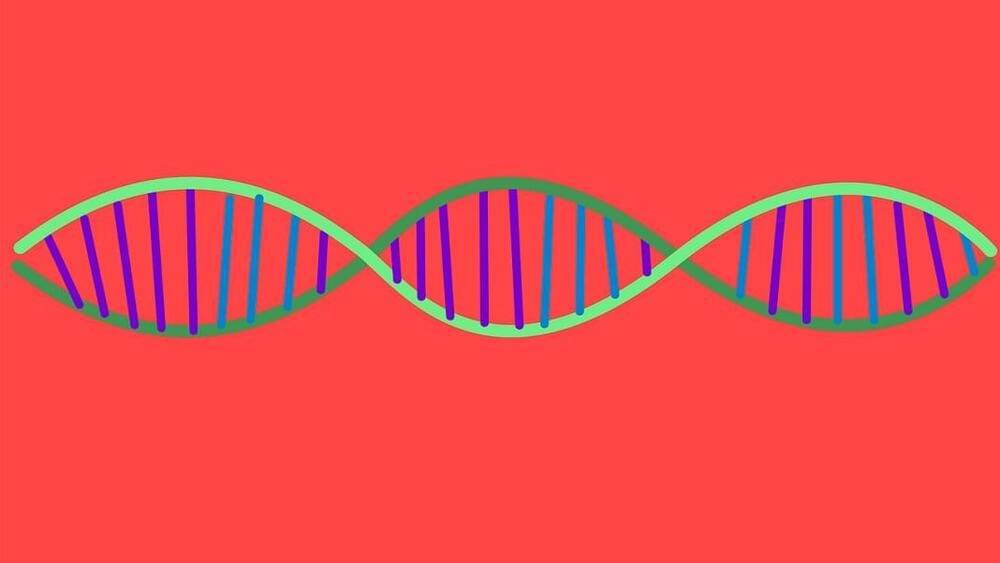A study published last week in Molecular Cell took a step towards that radical new concept for CRISPR. Led by Dr. Jennifer Doudna at the University of California Berkeley, who shared a Nobel Prize as a pioneer in the field, the study honed in on Cas9’s less famous and far more enigmatic cousin, Cas12c.
It’s the black sheep of the Cas family. Unlike other members, Cas12c completely lacks the ability to cut DNA. Instead, in bacteria cells, it binds onto invading viruses and protects vulnerable cells without shredding the virus’s DNA. The end result is a powerful antiviral defense system that doesn’t tax the host cell’s inner workings—yet makes it invincible to certain viral infections.
The study shows that chopping up viral DNA isn’t the only route for antiviral defense, at least in bacteria cells, the authors said. But more importantly, we’ve only begun scratching the surface of CRISPR gene editors.









Comments are closed.